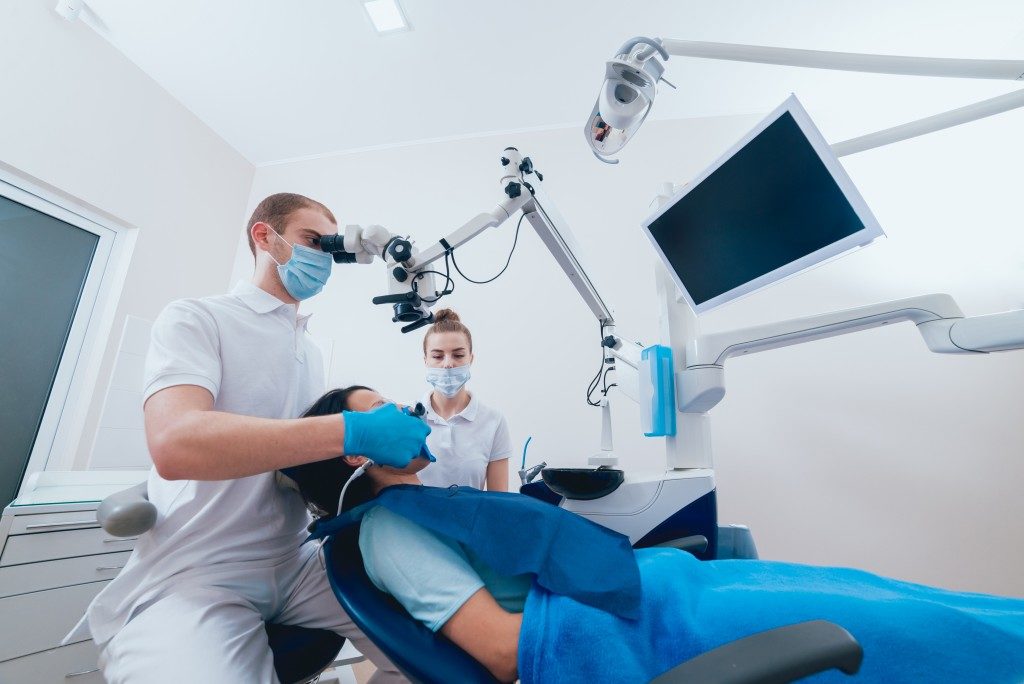The use of anesthesia is one of the major breakthroughs for medicine. With its help, painful and risky operations can be done without causing distress to a patient. For example, many people don’t have to worry about pain when it comes to getting their tooth pulled, thanks to sedation dentistry in Highlands Ranch and other areas.
However, there are still some risks when it comes to anesthesia and sedation. If you’re not careful, the side-effects may hurt you. Here are some tips to help you avoid the risks:
Talk to Your Doctor
One of the first things you should do is consult with your doctor about your medical history. This is especially important if your family has a history of extreme side-effects to anesthesia. A dangerous allergic reaction that you should be aware of is malignant hyperthermia. This could be fatal, so you need to know if your family has a history of experiencing it when exposed to anesthesia.
Additionally, your personal medical history can be important. Several medical conditions such as diabetes and asthma can result in a bad reaction to certain types of anesthesia. You may have already suffered a negative reaction before, so notifying your doctor about this is necessary. You might also have medication that might clash with anesthesia, so it’s best to tell your doctor about them. For example, some blood thinners will cause you to bleed too much during the operation if they are mixed with anesthesia.
Only Take the Prescribed Medication
Before any operation that involves anesthesia, it is imperative that you only take medication and substances that are authorized or prescribed by your doctor. The night before your sedation, you should not indulge in alcohol or any other drugs. Anesthesia can interact weirdly with other substances in your body, especially medication.
Another thing to look out for is herbal supplements. Try to avoid using herbal medicines two weeks before you get any anaesthesia. This should completely flush it out of your system. Some herbs can cause complications during and after surgery. This can be either dangerously high or low blood pressure.

Don’t Eat Before the Operation
Fasting is another precaution that you should be taking before any operation involving anesthesia. This is because the main result of exposure to anesthesia is for your body to relax. If you have food inside your stomach, it may come up your throat and lungs since your stomach and throat will be completely relaxed during the operation. With an empty stomach, there’s no need to worry about this happening.
Ask Someone to Take You Home
Depending on the type of anesthesia used, there may be different results. If your operation is a major one, you will likely be recovering from it in a hospital bed, so this is not a problem. However, some procedures may allow you to go home afterward, so you need to be aware of the type of anesthesia you will be exposed to.
Local anesthesia just numbs a part of your body and should not be a problem. The problems come up when you get general anesthesia or sedation anesthesia. These types relax your entire body and may require you to ask for help from someone after the procedure. Ask a friend or a family member to drive you home, so you can ensure your safety.
Any operation can be risky, whether it is something as minor as a dental extraction or as major as a heart bypass. Eliminating one of those risks can help ease some of your worries. Remember the tips above to ensure that any operation involving the use of anesthesia will be safe for you.


